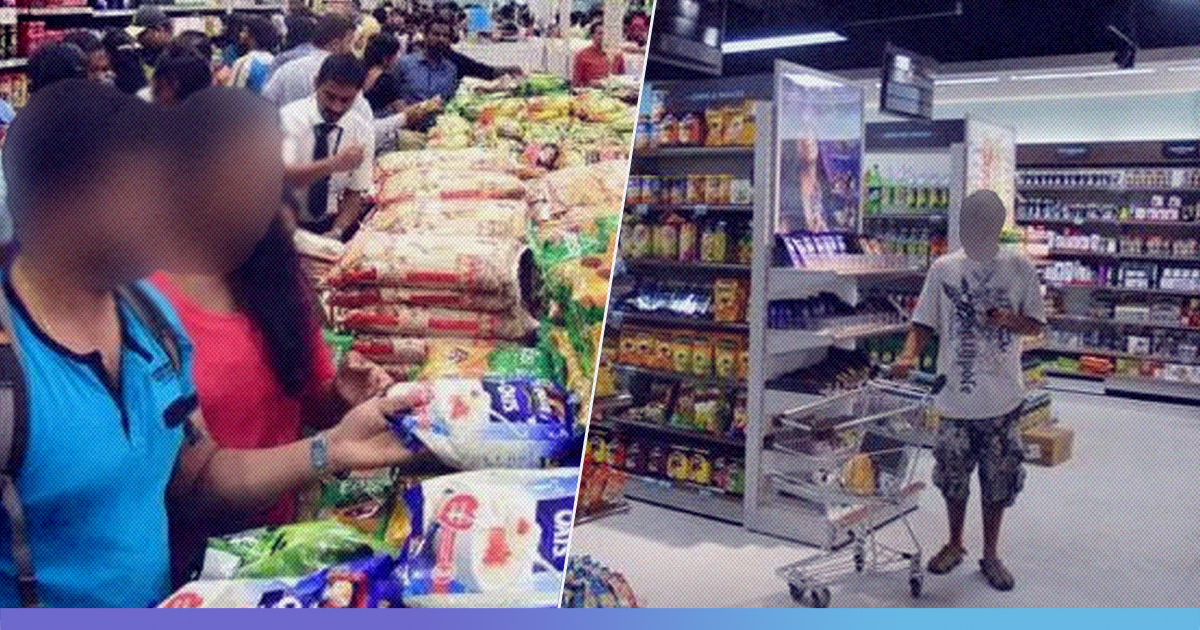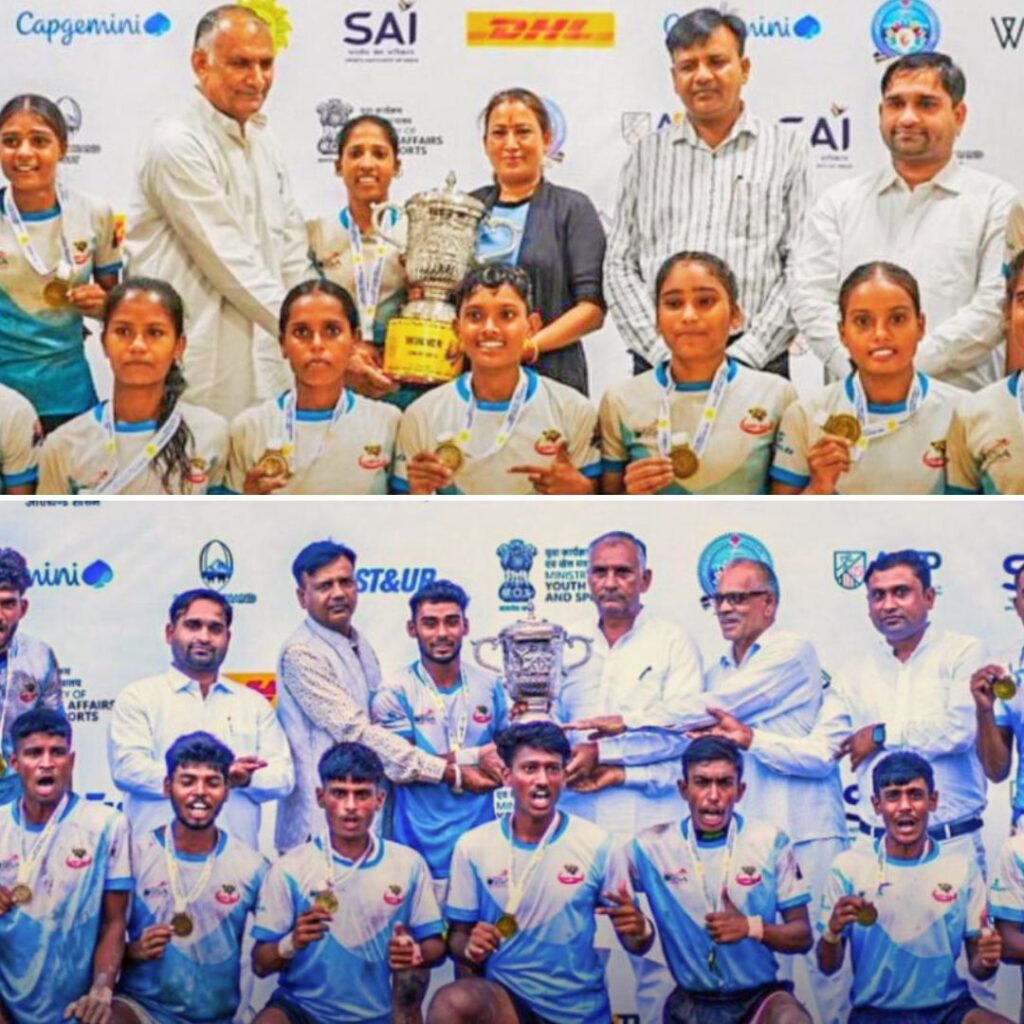A new Oxford study has found out that the packaged food and beverages sold in the country are the least healthy with high levels of saturated fat, sugar and salt.
The university’s George Institute for Global Health concluded after studying more than 4,00,000 food and drink items from 12 countries around the world, using Australia’s Health Star Rating system to rank them. The ranking system breaks down the nutrient concentration and measures energy, saturated fat, sugar, protein, salt, calcium, fibre, and protein. According to the system, ½ star is the least healthy whereas five is the healthiest.
The study revealed that of the 12 countries, the United Kingdom topped the rating with 2.83. The United States clinched the second spot with 2.82 ratings and Australia comfortably sat in third place with 2.81 ratings. India had the lowest index rates of 2.27 along with countries such as China, Hong Kong, and Chile.

The study published in the medical journal ‘Obesity Reviews’ found that China had the most harmful levels of saturated fats and average sugar levels in its packaged foods and beverages. In terms of the sugar level, India performed the second-worst with 7.3 grams per 100 grams. The study also found that India’s products have the highest energy-dense.
The study’s lead author Elizabeth Dunford concerned by the result blamed the packaged foods and drinks for driving a double burden of diet-related diseases in many low- and middle-income countries.
She said that throughout the world people are eating more processed foods which is a concern as the shelves of supermarkets are packed with products that are high in bad fats, sugar and salt potentially making us sick.
She also highlighted that while some countries are managing to keep their calories in the limit, it is the poor countries that are paying no need for quality.
The study’s co-author – Professor Bruce Neal reiterated Dunford statement and said, “The obesity crisis is just the first ripple of a tsunami of dietary ill health that is coming for us. We have to find a way that the food industry can profit from selling rational quantities of quality food, rather than deluging us with unhealthy junk. There are few greater priorities for human health.”
However, major players in the packaged food and beverages industry have become members of the International Food and Beverage Alliance and have decided to curb the salt, sugar, and fats present in their products.
Also Read: CSE Study Finds Genetically Modified Content Present In Infant Food, Packaged Snacks











